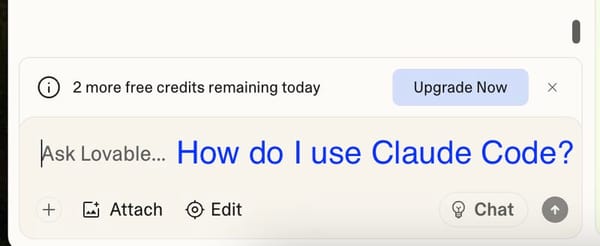Stop asking what social media is for
Recent releases of online tools have been plagued by the question: What’s it for?
In the case of Buzz, it was criticised for trying to be Twitter. Considering the big question from Twitter luddites is “what’s it for?”, it’s a surprise this paradox didn’t cause a flux in the space time continuum and end life as we know it.
So why exactly is it that so many people can see the value they get from Twitter and the confusion of outsiders but then can’t relate that memory back to the position they occupy when a new service arrives?
Faux-miliarity
Similarly, those who think they get it say “it’s just Facebook status updates.” They’re trying to explain it in terms of familiar values rather than observing more carefully how it’s really used in the field.
In reality though, Twitter is such a success precisely because there is no simple answer to what its for. Originally designed as a way to text many people in one go, that purpose has long disappeared into the countless protocols and agendas that have evolved.
Retweet defeat
The trick is finding the “Goldilocks” balance where you support the ways in which people are using the service while not imposing ineffective limits. Twitter made a big mistake here when they released the official retweet function and in effect discouraged the ability to comment as part of the process. It was only the various alternative clients that swooped in to save the day and restore the option to users.
In this case, it’s particularly irritating because the entire RT dynamic was something created out of necessity by the community itself. For it to be reclaimed and gimped was more than a little insulting. At the same time, it was the inflexibility of a 140 character limit that caused creativity in the first place.
Don’t rush to label
The real thing to take away from all this is not to necessarily try and work out what a new tool is for. Just get stuck in, have a play with it and most importantly observe how it’s being used. Whether the service can serve a purpose or fill a niche will become quickly apparent by its popularity- just look at poor old Buzz or Google Wave for evidence of that…


